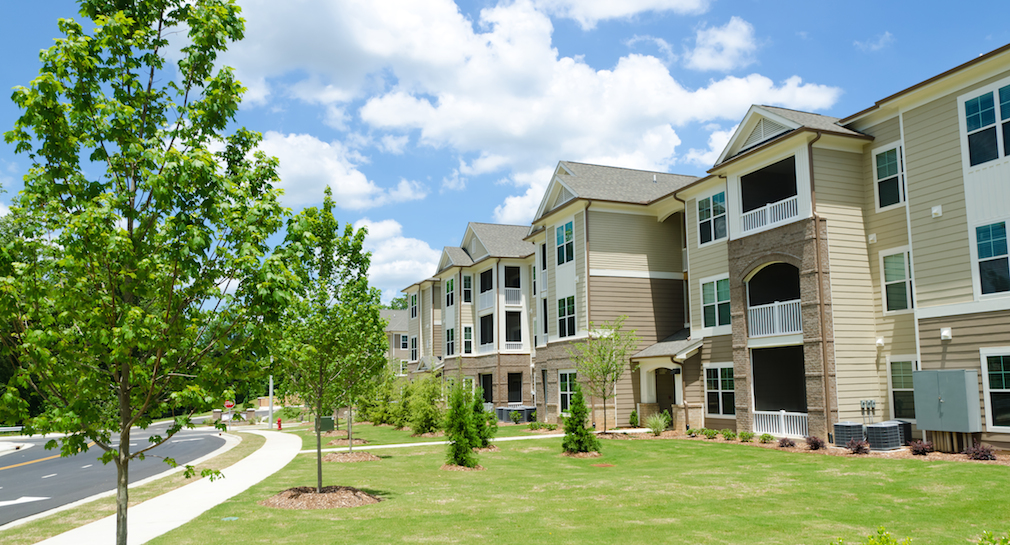The fastest-growing cities in the U.S. have seen their stock of affordable housing decline substantially from 2010 to 2017, according to the latest research from Freddie Mac, highlighting a strong correlation in population growth and affordability loss.
The fastest-growing cities have seen their population explode by more than 15% in recent years, and this influx of residents seems to be chipping away at low-income housing options.
In these 10 cities, listed below, the number of units affordable to low-income residents declined by more than a third in those seven years, Freddie Mac revealed.
“Cities that have experienced aggressive population growth have struggled to build enough rental housing to meet the increased demand,” said Steve Guggenmos, who leads Freddie Mac Multifamily’s research and modeling team.
“The problem continues to get worse, and every year more very low-income families are forced to spend more of their income on housing,” Guggenmos continued. “That’s especially true where population growth is rapid. The old laws of supply and demand are showing their teeth and the people who can least afford it are getting bit.”
On Tuesday, President Donald Trump took steps to address the affordability problem, signing an executive order to establish a council tasked with identifying and removing barriers to affordable housing development.
Perhaps nowhere is the council’s support needed more than in Austin, Texas, which Freddie Mac highlights as a prime example of the correlation between population growth and affordable housing.
Austin stands out as the nation’s fastest-growing city with a 22.5% increase from 2010 to 2017, according to the report. Nine years ago, it had a significant amount of multifamily rental units for very low-income residents, beating the national average. But by 2017, the proportion fell nearly 35%, dropping seven percentage points below the national average as its population growth picked up steam.
“What’s most concerning is that the loss in affordable housing units happened even though Austin’s supply of multifamily housing grew,” said Guggenmos. “Nearly a quarter of Austin’s units were built after 2009 and a high percentage of these new units are not affordable for very low-income renters. Like a lot of cities, they just can’t keep up.”
According to the report, the national average population growth is 5.3%, and in the top 50 metros across the country, the percentage of very low-income housing has fallen 16.5% from 2010 to 2017.
But in the metros listed below, population growth has exploded while the proportion of housing for those with a very low-income have fallen far below the national average.
Here are the top 10 fastest-growing cities, their population growth and their percentage of housing for very low-income residents:
Austin, Texas
Population growth: 22.5%
Proportion of very low-income housing: -34.5%
Raleigh, North Carolina
Population growth: 17.4%
Proportion of very low-income housing: -40.1%
Orlando, Florida
Population growth: 17.3%
Proportion of very low-income housing: -25.4%
Houston, Texas
Population growth: 15.9%
Proportion of very low-income housing: -22.7%
San Antonio, Texas
Population growth: 14.9%
Proportion of very low-income housing: -21.3%
Dallas, Texas
Population growth: 14.7%
Proportion of very low-income housing: -30.8%
Charlotte, North Carolina
Population growth: 13.6%
Proportion of very low-income housing: -37.9%
Nashville, Tennessee
Population growth: 13.6%
Proportion of very low-income housing: -38.7%
Denver, Colorado
Population growth: 13.1%
Proportion of very low-income housing: -46.7%
Las Vegas, Nevada
Population growth: 12.9%
Proportion of very low-income housing: -28.8%







